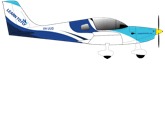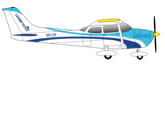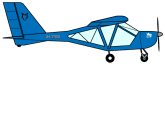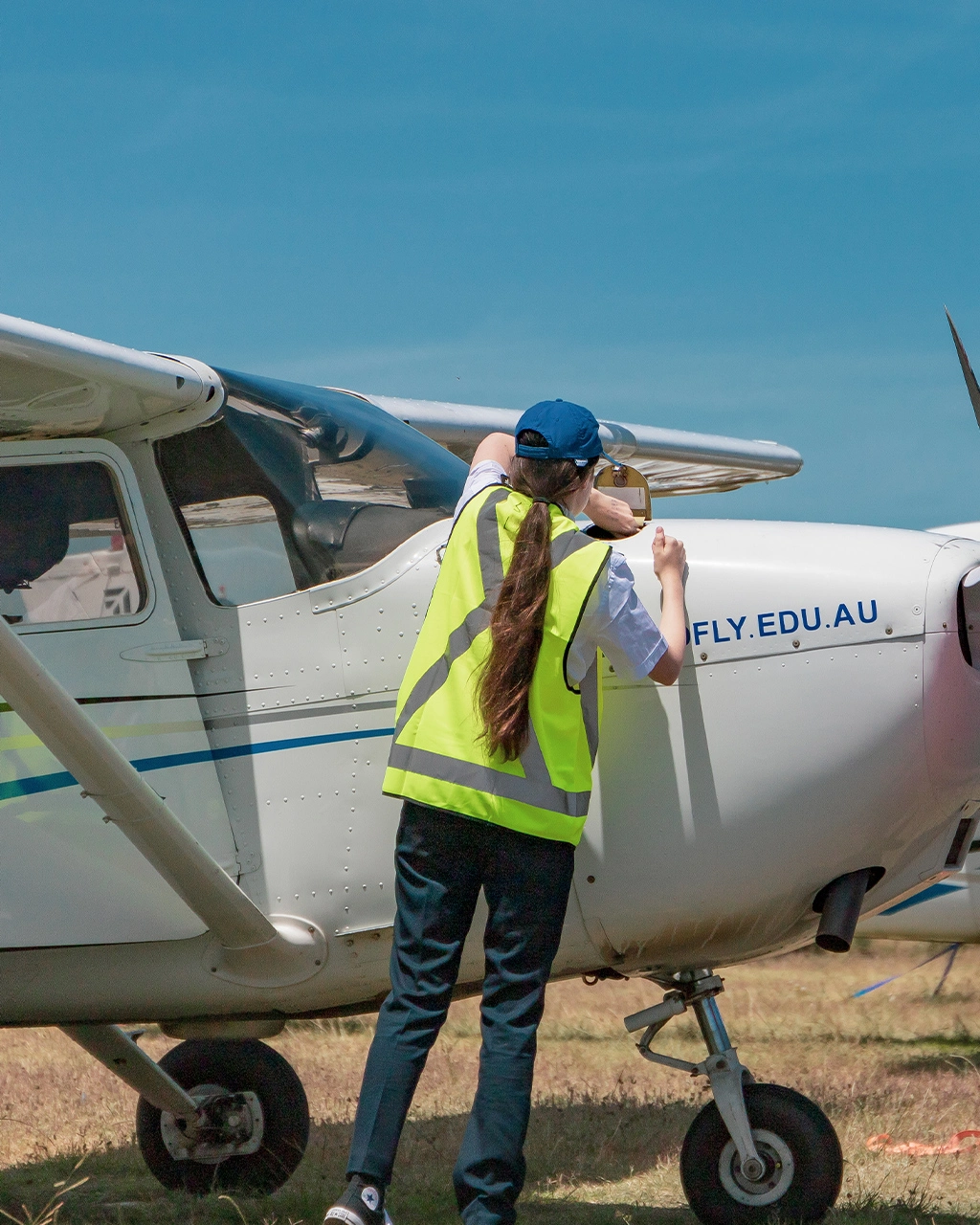
April 12, 2024
Unique Challenges and Considerations For PPL Applicants
Obtaining a Private Pilot License (PPL) is an exciting endeavour and offers individuals the opportunity to explore the skies and experience the freedom of flight. However, aspiring pilots often encounter challenges and considerations when becoming licensed aviators.
Training Costs:
Training costs are a significant consideration for individuals pursuing a Private Pilot License in Australia or Singapore. Flight training encompasses various expenses, including training fees, study materials, examination fees, and licensing costs. Aspiring pilots must assess these expenses and develop a budget to finance their PPL journey effectively.
Flight schools and training providers offer varying fee structures and pricing models, making it essential for PPL applicants to conduct thorough research and compare costs. Aircraft type, instructor experience, and training location can influence training expenses significantly. Aspiring pilots can identify cost-effective training options that align with their budgetary constraints by obtaining quotes from multiple flight schools and evaluating the services offered.
Exploring financing options is another strategy for managing training costs. Some flight schools offer flexible payment plans that allow students to spread out the cost of training over time. Additionally, aspiring pilots can explore external financing sources, such as student loans or scholarships, to alleviate the financial burdens associated with flight training.
Aspiring pilots should factor in additional expenses associated with obtaining a PPL, such as medical examinations, aviation insurance, and ongoing recurrent training. By accounting for these costs in their budgeting process, PPL applicants can ensure they have sufficient funds to complete their training and obtain their license without financial strain.
Time Commitment:
Obtaining a PPL is a substantial time commitment for aspiring pilots. The training process encompasses flight hours and ground school instruction, with students required to complete a minimum number of hours in each category to qualify for the license. Balancing flight training alongside other personal or professional commitments can be a challenge requiring careful time management and dedication.
Flight training typically involves scheduling regular flying lessons with certified flight instructors, which can be time-consuming, especially for individuals with busy schedules. Ground school instruction, which covers essential theoretical knowledge such as aviation regulations, navigation techniques and aircraft systems, requires a considerable time investment for study and preparation.
Prospective applicants should assess their availability and commitment level realistically. This involves evaluating their current workload, family responsibilities, and other obligations to determine whether they can allocate sufficient time and energy to flight training. Setting aside dedicated time slots for flying lessons and study sessions can help aspiring pilots stay organised and make steady progress toward their PPL goals.
Effective time management strategies can enhance productivity and maximise learning outcomes during flight training. These strategies can include creating a study schedule, prioritising tasks, and minimising distractions. PPL applicants may also seek support from family members, employers, or colleagues to help accommodate their training schedule and mitigate potential conflicts.
Aircraft Availability:
Securing access to training aircraft poses a significant challenge for aviators, especially in areas with a high demand for flight training. Limited availability of aircraft can lead to scheduling conflicts and delays in completing flight training milestones, prolonging the overall training duration. Prospective PPL applicants must conduct thorough research on flight schools and assess their fleet size and availability to ensure they can accommodate their training needs adequately.
Flight schools with a larger fleet size and diverse range of aircraft are better equipped to meet the demands of PPL training students. By choosing a flight school with ample aircraft availability, aspiring pilots can minimise the risk of scheduling delays and optimise their training experience.
Instructor Availability:
Instructor availability is a critical factor that PPL applicants must consider when embarking on their flight training journey. Reputable flight schools with experienced instructors are in high demand, leading to potential scheduling constraints and limited availability. To mitigate this challenge, aspiring pilots should conduct thorough research on flight schools and inquire about instructor availability before committing to a training program.
Establishing a good rapport with instructors and maintaining open communication is essential for a positive learning experience. Aviators can potentially secure more flexible scheduling options and prioritise their training needs by building a strong relationship with instructors.
Applicants should inquire about the availability of backup instructors or contingency plans in case their primary instructor becomes unavailable due to unforeseen circumstances.
Written Examinations:
Written examinations can pose a challenge for PPL applicants, encompassing a wide range of subjects, including aeronautical theory, air law, navigation, and meteorology. These exams demand diligent study and thorough preparation to achieve a passing score. Prospective applicants must invest considerable time in self-study and use study materials provided by their flight school and other reputable sources. Enrolling in ground school courses can provide structured instruction, interactive learning opportunities, and expert guidance to enhance their understanding and confidence in the subject matter. By dedicating themselves to comprehensive preparation and utilising available resources effectively, aspiring pilots can increase their chances of success in written examinations and progress toward obtaining their private pilot license.
Trial Introductory Flights:
Before committing to flight training, participating in trial introductory flights in Melbourne, also known as TIFs can be beneficial. These introductory flights offer individuals the opportunity to experience flying firsthand, meet with instructors, and learn more about the training process.
Becoming a licensed private pilot is a rewarding journey that requires careful planning, dedication, and perseverance. By understanding and addressing the unique challenges and considerations associated with pursuing a PPL, aviators can navigate the training process and achieve their dream of taking to the skies.


